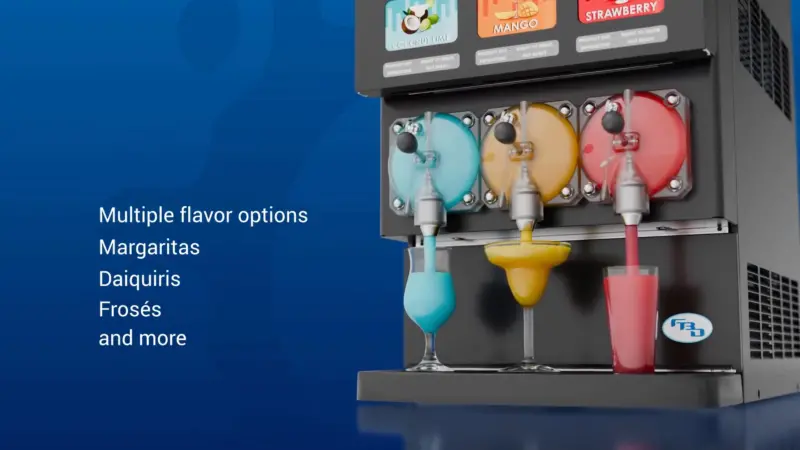Frozen Food’s Enemy is Excessive Humidity. Here’s How Desiccant Dehumidifiers Come to the Rescue.
The food industry has long struggled with ice and condensation build-up in low temperature freezers, which can lead to a multitude of issues, including compromised food quality and safety. At the heart of this problem is excessive humidity, which can be effectively managed with engineered climate control solutions. One such solution is the use of a right-sized desiccant dehumidification system that can manage airflows.
These systems work by using a pre-cool air handling unit (AHU) and a post-cool coil to regulate the temperature and humidity of the air within the freezer. With a blend of outside air and air from within the freezer, the system is able to maintain optimal conditions for food storage.
For a deeper dive into the world of dehumidification systems and their role in the food industry, Mart Wicker, the Product Manager of Food at Polygon, reviews how he and the Polygon team solved excessive humidity, condensation and ice build up issues at an Oklahoma poultry facility.
Mart’s Thoughts
“Hello, I’m Mark Wicker with Polygon. I’m product manager over food. Here behind me, I’m in Oklahoma at a poultry facility that was experiencing some ice and condensation build up in their low temp freezer. So what we did, we were able to do a pre and post cool desiccant dehumidification system at 9,000 CFM. We’ll take a look and further review the equipment.
Here we have a hundred ton chiller. This chiller is feeding our pre-cool AHU and our post-cool coil. Here you’ll see we’re taking 50% air out of the space and blending it with 50% of outside air here. And this is a 120 AHU that is feeding the HC9000 CFM dessicant dehumidifier. This dehumidifier is actually conditioned air down to 5% RH and at two grains. We’re post cooling it back down to conditions to deliver back into the space to help keep from ice building and condensation forming in the freezer.”
Article written by Adrienne St. Clair.




